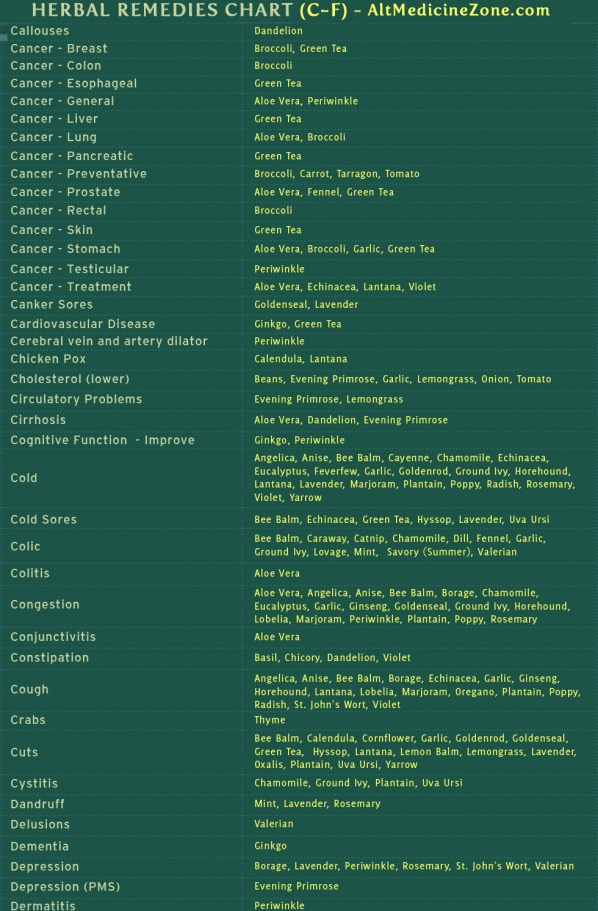Touching or picking your skin more than necessary can increase acne by spreading bacteria. In a 2018 study including 114 participants, those with acne were found to drink significantly more milk than people who didn’t have acne. Allow it to dry, then rinse it off with water and pat your skin dry. Applying green tea to the skin may also be beneficial. Tea tree oil is an essential oil that’s extracted from the leaves of Melaleuca alternifolia, a small tree native to Australia.

Hormones, bacteria, and inflammation can lead to acne lesions appearing on the skin. Our experts continually monitor the health and wellness space, and we update our articles when new information becomes available. In-vitro inhibition of staphylococcal pathogenesis by witch-hazel and green tea extracts. Evaluation of anti-microbial activities of ZnO, citric acid and a mixture of both against Propionibacterium acnes. Healthline has strict sourcing guidelines and relies on peer-reviewed studies, academic research institutions, and medical associations. When you’re stressed, you might also be more likely to pick at spots on your face.
Apple Cider Vinegar to Get Rid of Back Acne
These properties mean that coconut oil may help eradicate acne-causing bacteria and reduce the redness and swelling of pimples. Due to its soothing and moisturizing effects, coconut oil may help speed up the healing of open acne sores. However, focused research on coconut oil as an acne deterrent is lacking. Try mixing jojoba essential oil with a gel, cream, or clay face mask and apply it to acne. Otherwise, place a few drops of jojoba oil on a cotton pad and rub this gently over acne sores.

Some of the tips focus on how to get rid of back acne in a week. Several factors can cause acne, but simple hygiene techniques and lifestyle changes can often prevent pimples from forming. An overview of medicinal plants for the treatment of acne. Effects of diet on acne and its response to treatment.
Coconut oil
Melt away the accumulated sweat and grime with a shower if you don’t want your skin pores to get blocked. After all, blocked pores would mean waving hello to acne. Maneera is a health and fitness enthusiast who is also a firm believer in the power of dietary supplements.
These can especially be beneficial if your skin is irritated due to using products containing salicylic acid, benzoyl peroxide, or both. A study from India suggests that tea tree oil may help kill the skin-dwelling bacteria involved in acne. You can also use one tablespoon of honey with half a teaspoon of cinnamon powder to create a paste for a 10-minute bacne treatment. As with baking soda, apple cider vinegar balances the pH level of the skin. It also has antibacterial and anti-inflammatory components to combat outbreaks. Mix one tablespoon of the vinegar with one cup of water, and apply it to the acne.
Healthy Diet
Unlike other skin-related PCOS symptoms like excess facial hair and pigmentation, which can be masked through beauty treatment, PCOS acne is simply impossible to hide. The acne doesn’t just leave scars on the skin, but on the soul as well. And don’t be surprised when acne wreaks havoc on your personal and professional relationships as well, simply because you’re too self-conscious. Since Zinc aids in healing wounds and reduces inflammation, it’s considered a good anti-acne treatment.

It soaks excessive sebum and oil off of the skin, clearing away dirt and other toxins in the process. As an acne treatment, honey has antimicrobial properties to inhibit the growth of bacteria. Remember, fighting acne requires both external treatment and an internal treatment. Live probiotics support healthy digestion and immune system functioning, plus improves skin health by fighting acne. The study indicates that larger trials are still needed, but evidence thus far is promising for using probiotics to improve gut health and fight acne. There are also several other ingredients you can use on skin to reduce inflammation, such as chamomile oil and aloe vera.
Apply green tea to your skin
▲ Aspirin mask can effectively reduce inflammation on your skin! Aspirin is anti-inflammatory so it can be a quick and cheap way to help reduce a pimple. The other plus is that most of us always have aspirin lying around at home. So if popping pimples is not a good way to get rid of acne, what else can we do to regain our radiant skin?
This may be because zinc is not effectively absorbed through the skin. The recommended safe upper limit of zinc is 40 mg per day, so it’s probably best to not exceed that amount unless you’re under the supervision of a medical doctor. Many home remedies lack scientific backing, and further research on their effectiveness is needed. If you’re looking for alternative treatments, though, there are still options you can try.
Honey is a safe home remedy for acne and is generally suitable for all skin types. Although rare, some people with pollen allergies may have reactions to honey. An allergic reaction causes stinging on the skin, dizziness or nausea.

Acne is a common skin condition in the United States, affecting an estimated 50 million people living in the country. All you need to do is to apply a drop of tea tree oil to those affected areas at your back three times per day. While some types of acne scarring are best treated by a dermatologist, others may benefit from over-the-counter topical products. Apple cider vinegar has a variety of uses and many claimed health benefits. This article takes a closer look at whether it can also fight acne.
Among the most effective natural natural remedy for sore throats is ginger, which you can make right into a really effective warm tea. Ginger tea is easy to make, even if you do not reside in the nation where ginger grows. All you need is fresh ginger root, some sugar, warm water, and also a teaspoon of cinnamon powder.

According to research, lemon oil can be used as a natural agent for skin problems due to its antioxidant and antimicrobial activity. Make a preparation with two tablespoons of honey and a teaspoon of lemon juice and spread it on the affected area, leaving it for 15 minutes. The aloe vera plant is widely used in the cosmetic industry. The gel obtained from the pulp of its leaves is usually added to creams and lotions for the skin, as well as soaps, shampoos, and other personal care products.

No comments:
Post a Comment